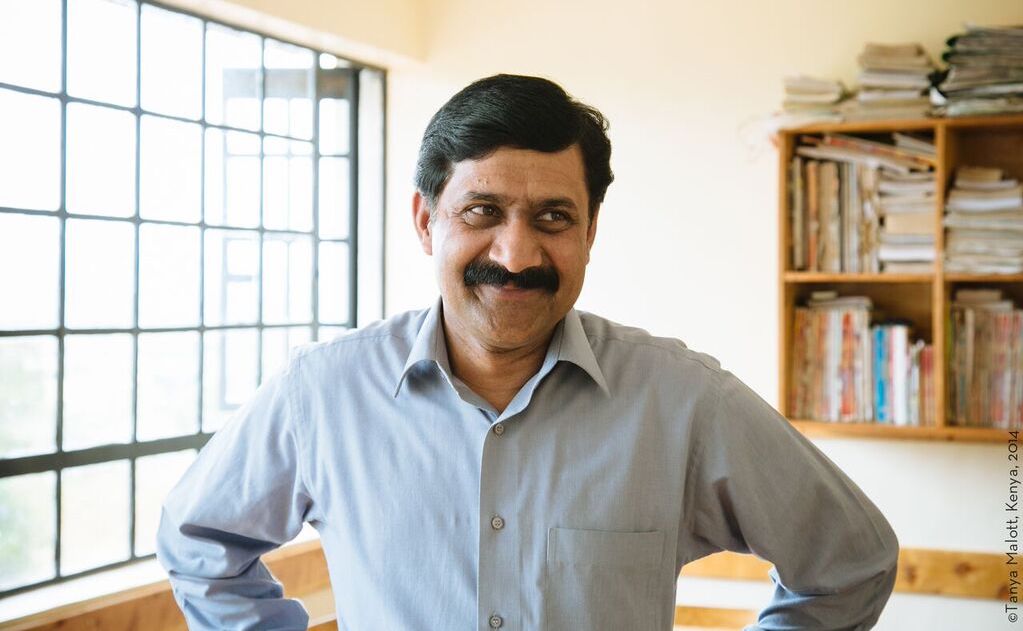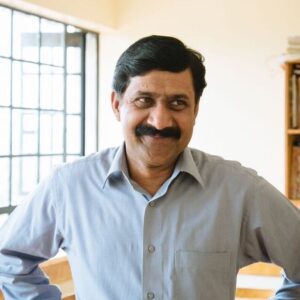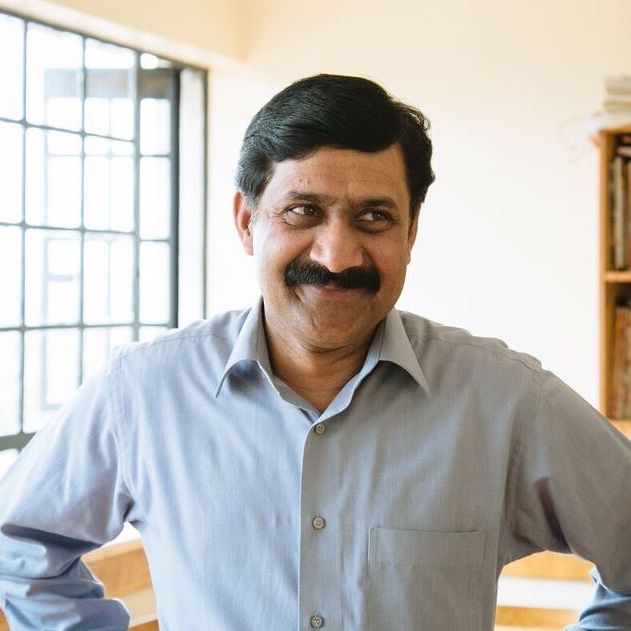
From the moment my daughter Malala was born, I wanted her to experience the world. I wanted her to have her own identity. I wanted to be the kind of father who would encourage her to learn — and let her fly toward her dreams.
It was an uncommon choice in rural Pakistan at that time. Men fathered sons this way, not daughters. That was the case in my childhood home.
As a son in a family with five sisters, I saw two types of parenthood. One for boys and one for girls. I knew my parents gave my brother and me special treatment. I had milk in my tea when my sisters could not. I had more clothes than they did. I went to school and they stayed home. All because I was a boy.
As I grew older, I started questioning the patriarchal society around me. Why were my sisters not allowed to go to school? Why did my parents have big dreams for me and not them? Why are women known only by the names of their male relatives? Why does my gender make my life more important?
The answers did not make sense. My privilege became clear and so did my purpose — I would become an educator and make sure that girls were welcomed and encouraged to learn in my school. I would fight for equality and help redefine masculinity in my community.
At home, my wife and I treat our three children as equals and we try to demonstrate a more balanced partnership. Our children see me cook, clean the house, and pick them up from school — tasks too often seen as women’s work. I was a feminist before I even knew the word. We are not perfect, but I hope one day our children will take the best of what we’ve taught them and work to make it even better.
Today there are more men promoting equal rights and opportunities for women. But we still have so far to go. The State of the World’s Fathers 2019 report shows how fathers can teach their children, both boys and girls, to value equality and to make it their own. To support their wives and partners. And the report demonstrates how fathers themselves benefit from more equitable relationships.
Equimundo’s thorough and insightful research also calls for changes in laws and policies, and in social and gender norms. If more laws supported working families, they would help promote a fairer distribution of labour at home. If more people understood social norms, we would be better equipped to change them.
I encourage my children to aim high — and every day they make me proud. I learn from them. And now my daughter isn’t just experiencing the world, she’s changing it. In one generation we transformed our family from a patriarchal one to an egalitarian one. My hope is that all fathers reading this report will question their privilege, care about equality, and contribute to our shared future.
– Ziauddin Yousafzai, Co-founder of Malala Fund
Ziauddin Yousafzai is a co-founder and board member of Malala Fund. He is the father of Nobel Peace Prize Laureate, Malala Yousafzai. For many years, Ziauddin served as a teacher and school administrator in his home country of Pakistan. In his role at Malala Fund, he advocates for every girl’s right to 12 years of free, safe, quality education. His first book “Let Her Fly” is on parenthood and fighting for equality.

